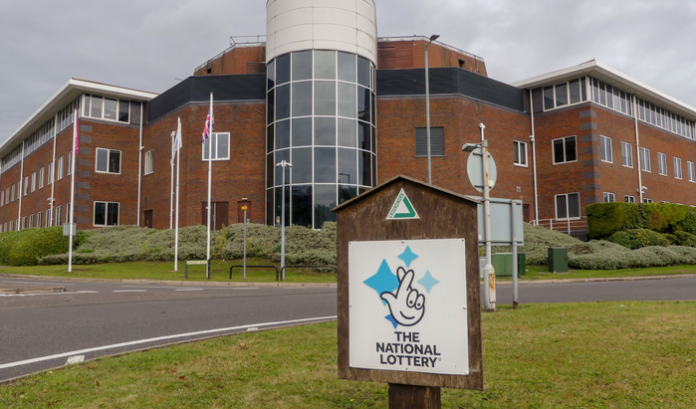Camelot, the operator of the UK National Lottery, has attributed the cost of living crisis as a driving factor in a decrease in lottery ticket sales in the last year.
Publishing the National Lottery’s sales figures for the year ending March 31, the outgoing licensee noted a decrease of 2.5% in sales as economic pressures hit the pockets of players across the country.
Lottery sales reached £8.09bn during the period, down from the £8.3bn recorded in 2020/21. However, it does represent the second-highest sales figure in National Lottery history.
The UK is currently suffering from inflation rates of 9.1%, with that figure likely to continue to rise to 11% in the coming months, leading to rising interest rates alongside the increase in prices of goods such as fuel and food.
Camelot noted that the cost of living crisis has ‘slowed down retail recovery as consumers tighten their belts’, with £4.67bn worth of lottery products sold in retail locations, down £190m from £4.86bn sold in the previous year. These figures earned retail partners, which achieved a 10-year satisfaction high during the period, £265.4m – around £6,000 per store.
Returns to good causes did record a new high during 2021/22, reaching £1.9bn – with Camelot stating that 95% of sales revenues went to winners and good causes.
Camelot CEO, Nigel Railton, commented: “Achieving National Lottery sales of over £8bn two years in a row while maintaining very high levels of public participation – despite the challenging and changing external environment – proves that our strategy of offering great consumer choice in a safe and convenient way continues to be hugely successful.
“It’s also a testament to the resilient, innovative and responsive business model that we’ve put in place over the last few years.
“Generating record returns to Good Causes from ticket sales for the second year running is an outstanding achievement – and is fantastic news for people, projects and communities across the UK at a time when funding has never been more needed.”
Assessing sales by product, draw-based games displayed strong sales throughout the year, amounting to £4.65bn. The flagship Lotto game was the most popular draw-based game.
However, instant tickets, for which Camelot has received criticism over problem gambling, hit the top line of the National Lottery. Instant ticket sales plummeted to £3.44bn, down £240m from the previous year. Camelot attributes this dip to ‘greater competition for people’s attention and spending after Covid restrictions’ and ‘growing economic uncertainty’ in recent months.
Compounding instant game woes, scratch card sales remain below pre-pandemic levels as consumers’ habits evolve.
Despite the stalling popularity of instant games, Camelot did detail 1.8 million new online registrations to the lottery’s digital channels. Those new registrations could not be turned into top line growth, as digital sales fell £93m from the previous year – once again attributed to greater competition and changing customer habits post-pandemic.
Sir Hugh Robertson, Camelot Chairman, added: “At a time when The National Lottery has faced uncertainty on a number of fronts, Camelot has once again raised a record amount for Good Causes from ticket sales, and has also ensured that a record-equalling £3.1bn was once again generated for society through Good Causes, Lottery Duty and retailer commission – at a time when other funding sources are being squeezed.
“An incredible £46bn has now been raised for National Lottery Good Causes – around 65% more than government expectations at launch. With sales of over £8bn for two years running, The National Lottery as a whole remains in fantastic shape – with sales of draw-based games continuing to be especially strong.”
Camelot continues to be embroiled in a standoff with the UK Gambling Commission, which named Allwyn as its preferred applicant for the Fourth National Lottery licence.
The operator has taken its regulator to High Court over the decision, with it warning that it could cease operations if the licence was handed over, placing over 1,000 of its Watford-based staff at risk.
Railton concluded: “My 1,000 Camelot colleagues and I are incredibly proud of what we’ve built: a strong, resilient business and a huge UK brand that brilliantly connects The National Lottery’s unique purpose with play.
“In the year ahead, we’ll continue to invest and innovate to respond to the changing consumer environment because we all care deeply about the future of The National Lottery – and the vital difference that it continues to make to the whole of the UK.”




























